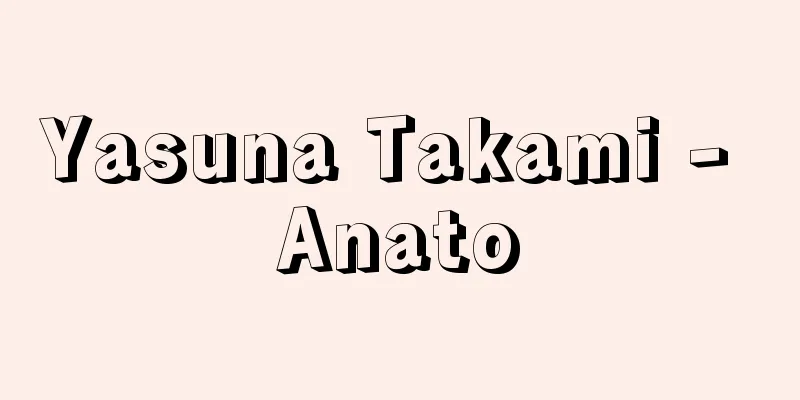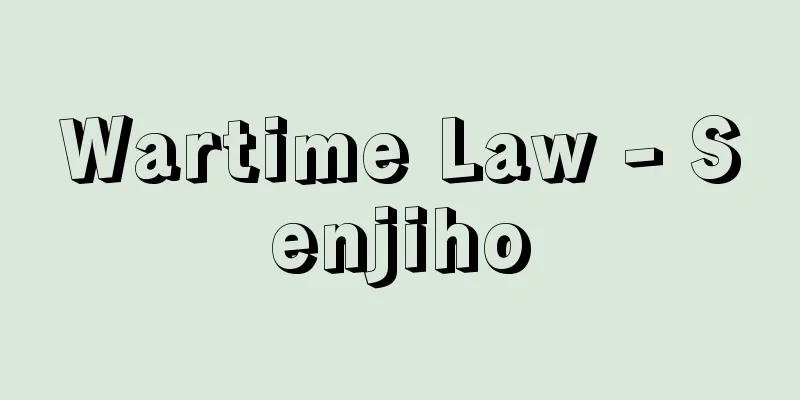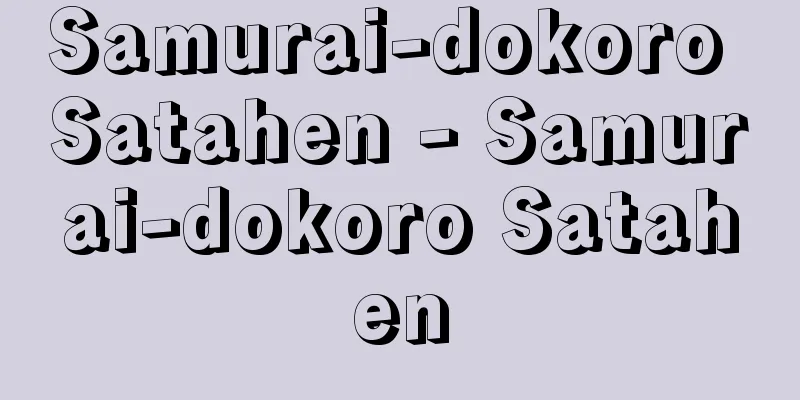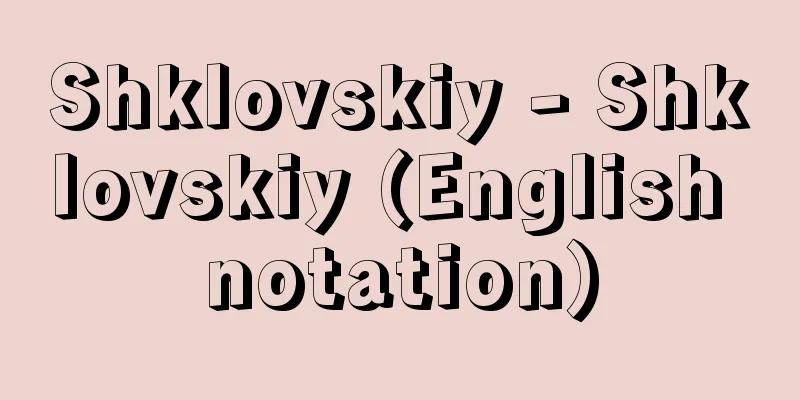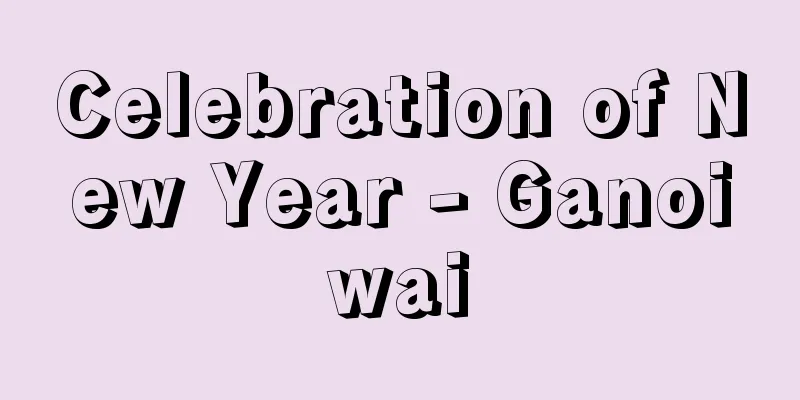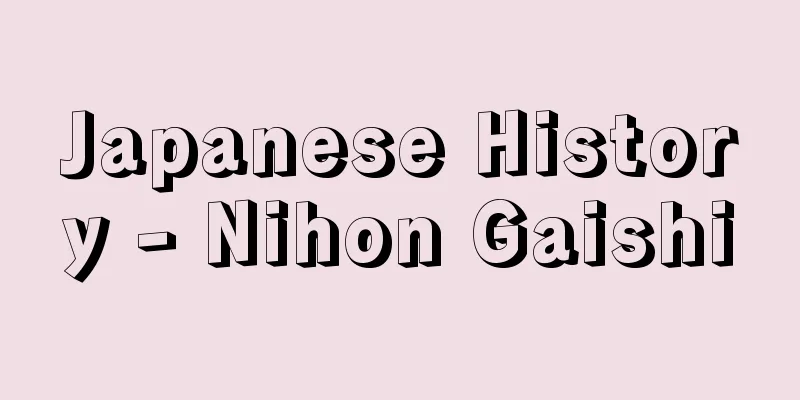Battle cry - Toki

|
A shout made in battle to inspire morale and announce the start of the battle to the enemy. The general would shout "Ei ei" and the whole army would shout "Ou" in unison, and this would usually be repeated three times. It was also uttered as an expression of joy at victory. A battle cry. 2. A loud voice from a large number of people all at once. Source: About Shogakukan Digital Daijisen Information | Legend |
|
1 合戦で、士気を鼓舞し、敵に対して戦闘の開始を告げるために発する叫び声。大将が「えいえい」と発声して全軍が「おう」と声を上げて和し、これを三度繰り返すのを通例とする。また、戦勝の喜びの表現としても発した。鬨の声。 2 多数の人が、一度にどっとあげる声。 出典 小学館デジタル大辞泉について 情報 | 凡例 |
Recommend
Matsumiya Kanzan
A military and Japanese scholar of the mid-Edo pe...
Black
Complete black is said to be the complete absence...
Kamaishi Iron Mine
… In addition, when a plan to build a reverberato...
Dacha
…The spread of middle-class villas is also seen i...
Matisse
French painter. Born in Le Cateau-Cambrésis in nor...
Ungerer, T.
...J. Heartfield, who collaborated with him, used...
Emanuel Geibel
German poet and critic. Born in Lübeck in norther...
Kazan'
It is the capital of the Republic of Tatarstan in ...
Takanori Kojima
Year of birth: Year of birth and death unknown. Mi...
Aratohibin - Aratohibin
…The secretory activity of the corpus allata is r...
The Vanity and Uncertainty of All Sciences
…This book was an opportunity for the people of t...
secondhand books
...General term for books that are generally circ...
airport control tower
…Nowadays, most commercial transport planes fly u...
Backpack ladder - Backpack ladder
A carrier used to carry luggage on the back. It is...
Karl Krolow
German poet. Born in Hannover. Initially, he foll...


